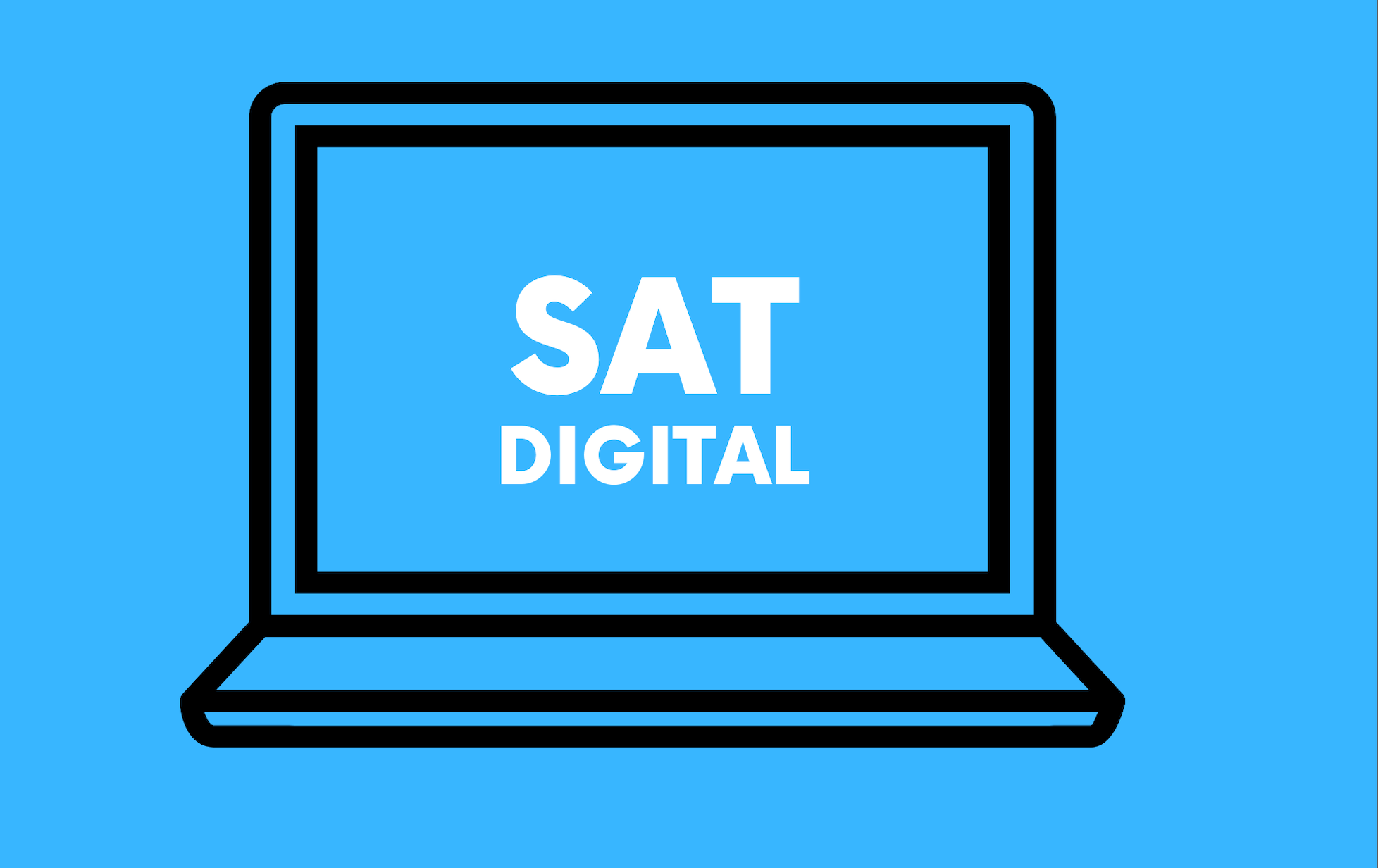Should You Guess on the Digital SAT?
Author
Phoenix Wilder
Date Published

At BestSATScore we know that every point on the Digital SAT counts toward your college dreams. One recurring question we hear from students is: Should I guess on questions I’m unsure about? Our expert answer is: Absolutely—guessing strategically is essential to maximizing your score. Here’s everything you need to know about the right way to guess on the Digital SAT, including actionable tips for every section and crucial advice for top scorers.
1. Why You Should Never Leave a Question Blank
First, the Digital SAT does not penalize wrong answers—only correct answers increase your score. Unanswered questions are always marked wrong. This means you have nothing to lose by filling in every answer. Statistically, even random guesses will net you extra points across the exam.
BestSATScore rule #1:
Never leave a question blank. Always answer every question, even if you’re guessing blindly.
2. How Guessing Can Work in Your Favor
If you pick an answer at random from the four choices, you have a 25% chance of being right. But you can improve your odds dramatically by using smart elimination techniques:
Eliminate one wrong choice: Your odds rise to about 33%.
Eliminate two wrong choices: Your odds jump to 50%.
So, whenever possible, spend a moment to dismiss any options that are blatantly incorrect before making your guess.
3. Section-by-Section Guessing Strategies
Math
Eliminate incompatible answers: If the solution must be odd, cross off the even numbers.
Use figures: If diagrams are to scale, you can estimate values to rule out unrealistic answers.
Reading
Beware of extremes: Answers using words like “all,” “none,” or “every” are rarely correct.
Favor the moderate, text-supported choice: Don’t pick an answer just because it sounds strong or emotional.
Writing and Language
Watch for duplicate-meaning options: If two answers differ only in punctuation or use near-synonyms (e.g., “therefore” vs. “consequently”), usually both are wrong.
Prefer concise, formal wording: The shortest or simplest answer is often correct.
Consider “DELETE”: If offered, it’s correct slightly more than random chance predicts.
(For those taking the ACT Science section)
Look for opposites: When two choices are direct opposites, often one is correct. Narrow your guesses to those.
4. Time Management: When to Guess and Move On
While working through the exam, continually ask yourself:
Can I answer this accurately and quickly?
If yes, solve it.
If you’re unsure, mark it to return later.
If you have no clue, guess immediately and move on—don’t waste time.
At the end of any section, fill in answers for every question you haven’t reached. There’s no benefit to leaving any blank. Randomly filling in bubbles gives you a one-in-four (25%) shot at each question.
5. The “Letter of the Day” (LOTD) Method for Blind Guessing
When forced to guess with no time or information, pick your favorite letter (A, B, C, or D) and use it for all such guesses. The SAT does not favor any letter; answer choices are distributed evenly by design. Using the same LOTD saves time and increases your chance of those “lucky” points. If you guess blindly on 20 questions, odds are you’ll get about 5 right—easy bonus points.
6. Special Alert for Top Scorers: The Adaptive Pitfall
The Digital SAT is adaptive. Your performance on the first module of each section determines the difficulty (and scoring potential) of the second module.
If you guess wildly or miss too many on the first module, you may get an easier second module—which caps your maximum score (for example, around 600 per section, even if you ace the second module).
If you’re targeting 700+, take extra care in the first module: always try to eliminate at least one answer before guessing.
7. Build Your Guessing Muscle in Practice
After every practice test, review your guesses:
Did eliminating answers help?
Are you consistently caught between two options?
Learn from these patterns—smart guessing is a skill you can strengthen.
BestSATScore’s Takeaways for Smart Guessing
Never leave questions unanswered.
Eliminate as many wrong answers as you can before guessing.
Apply specific elimination strategies for Math, Reading, and Writing.
Use the same LOTD for any blind guesses—it doesn’t matter which letter, just be consistent.
For high scores, be especially strategic in the adaptive first module.
Practice guessing and learn from your results!
Remember, on the Digital SAT, informed guessing isn’t just allowed—it’s vital. Every question is a chance for you to score, even if you’re not 100% sure of the answer. Use these strategies from BestSATScore, and you’ll be ready to make the most of every section—one point at a time!
Related Posts

Get all the details on the Digital SAT Test—adaptive testing, built-in tools, shorter format, and why it’s more student-friendly than ever!

Boost your SAT Writing score! Explore essential tips, avoid common mistakes, and sharpen your grammar and error-spotting skills.